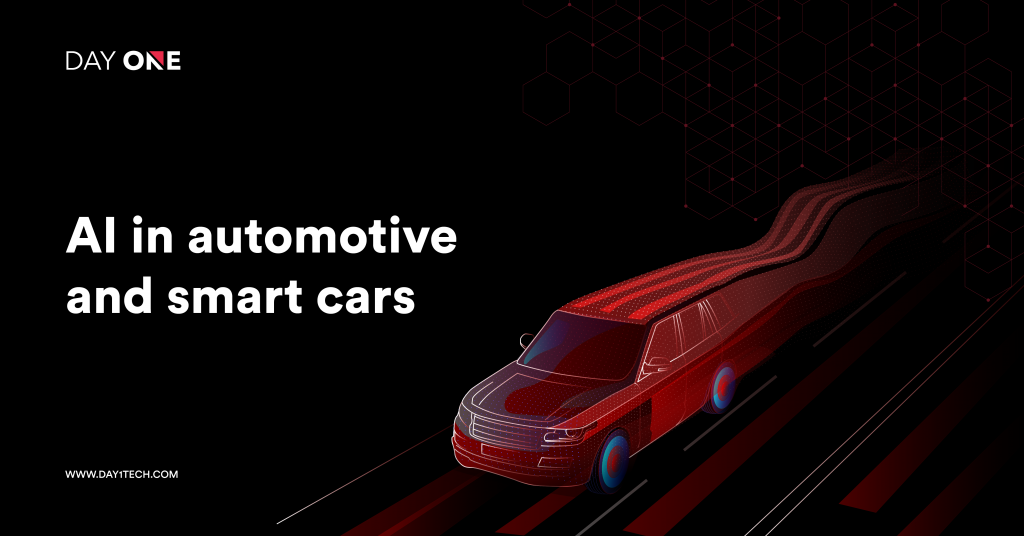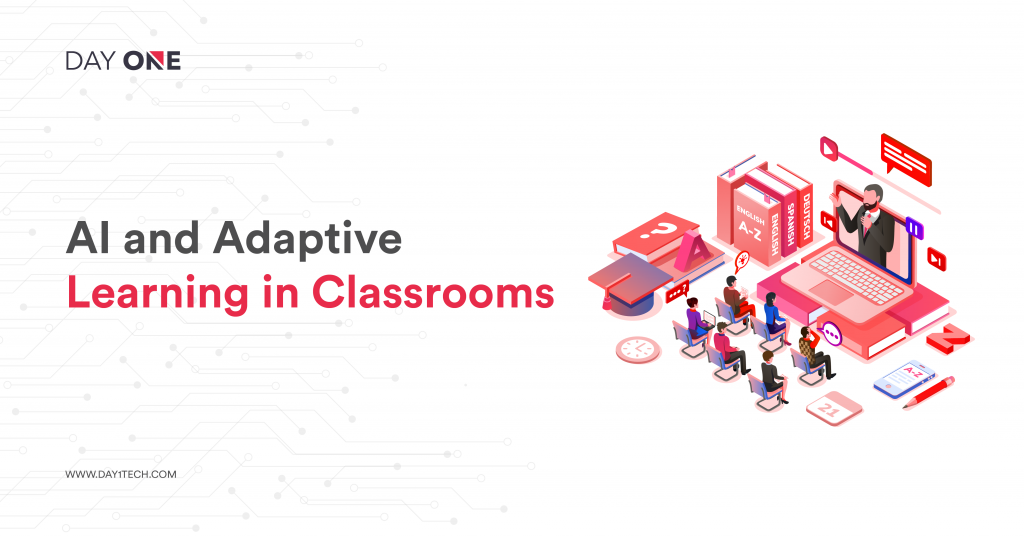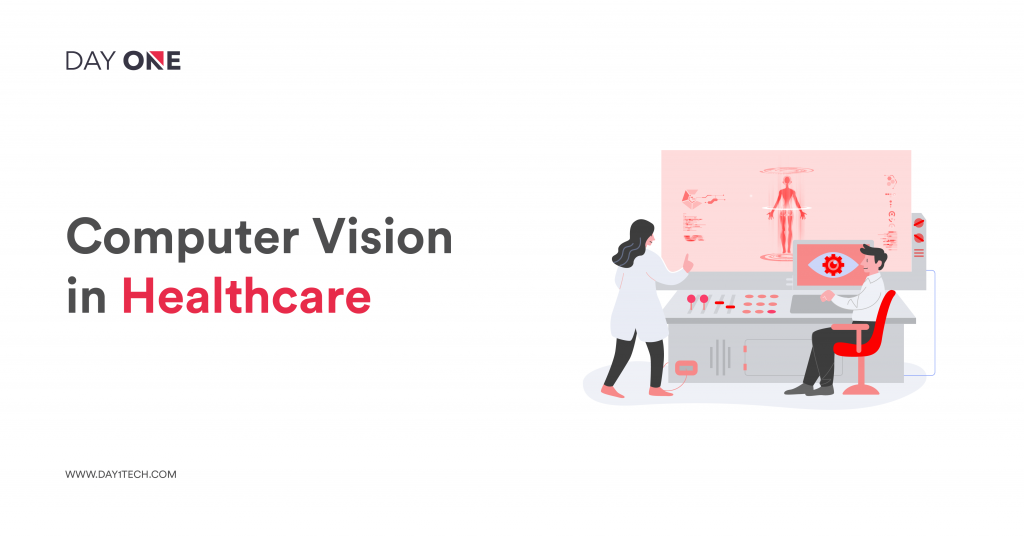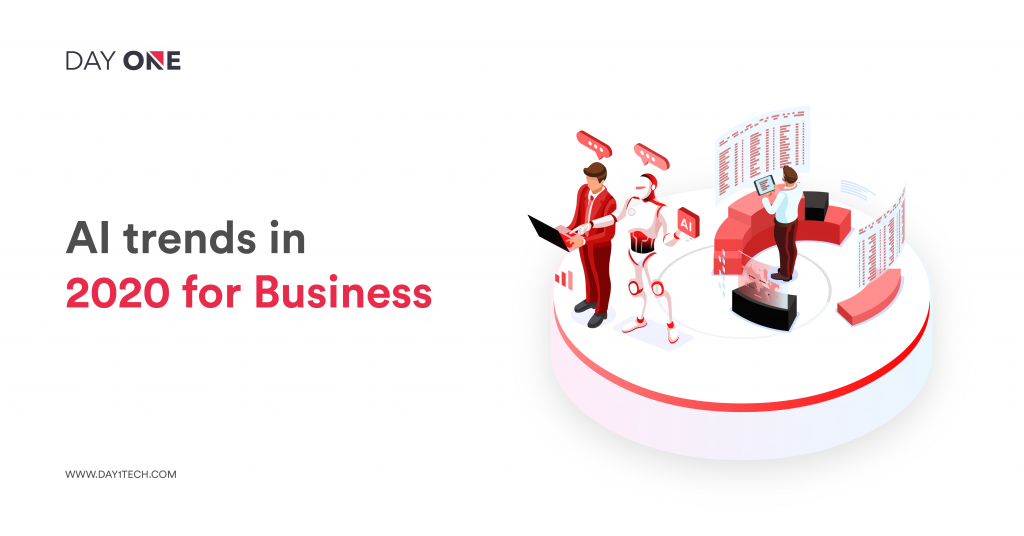The AI revolution in the Automotive sector
admin
Artificial Intelligence
June 3, 2021
5 min read

The role of AI in automotive and smart cars is a goldmine of innovation and auto-manufacturers like Tesla and Volvo for instance are leaving no stones unturned for making new discoveries. There is an opportunity at every nook and corner and with top AI development companies working on it, there’s a shift in the canvas, with AI technology opening new doors for car manufacturers, insurers, vehicle owners and others to do more.
From engineering to designing, prototyping to produ ction, supply and logistics to customer support, there is AI involved at every stage of the modern car manufacturing and distribution system. Interestingly however, AI in automotive is gradually picking up pace and going mainstream, with only some of the big players making the most of it or at best using it sporadically at plant level and not enterprise level. In a study conducted by Capgemini Research Institute it was found that, compared to 7% in 2017, only 10% of automotive organizations (as of 2019) are deploying AI at scale.
Surprisingly, there’s reason enough to believe that that’s soon going to change. The global pandemic has had its own effects with AI automation in the automotive industry picking up pace at breakneck speed. From looking at options for safe and secure transportation, to saving on time and cost, to accessibility, and even increased focus on electric vehicles (EV), this is the time for exploration of AI in the automotive sector. And while AI applications in daily lives are increasing, let’s first have a look at how it is shaping the auto sector.
Use cases of Artificial Intelligence in Automotive
When thinking of AI use cases in the automobile industry the case of self-driven cars or automated driverless vehicles tops the list. Global brands like Tesla and Google are way into their experiments with driverless vehicles and at the global level, users and businesses are curious and excited about what the unraveling and progress holds.
But that’s not the only hot thing about AI and automation in automobiles. For instance, intelligent robots for assembling and putting together nuts and bolts are a booming topic of interest as well. Similarly, there are several other instances where AI and its complementary machine learning, computer vision and deep learning technologies are being used. Examples of how AI can benefit the automotive sector include:
- Demand Forecasting models
- Shared Mobility services using Machine Learning and/or Predictive Analytics models (eg. location and demand based pricing)
- Fleet management using Predictive Analytics
- Product prototyping using Machine Learning
- Quality control and inspection using Computer Vision (CV)
- Predictive Maintenance of equipments
- Support and assistance to factory workers using Intelligent chatbots
- Inventory and Supply Chain optimisation
- AI testing simulation models
- AI based Sensors for IoT and vehicle monitoring
- Predictive Analytics for Automotive Electrification (i.e. car battery charging)
There are several other ways AI technology in car manufacturing and distribution is changing the future. Automation and cognitive technology is the keyword of the new world order and looking at the common AI use cases in business we can only look forward to.
Benefits of AI and Machine Learning in the Automotive sector
AI innovation and deployment in auto-manufacturing, though a global trend, has not scaled or been implemented at the same level across the world. Many countries are making minor progress in the field. When it comes to the top automotive companies using AI by country, the United States, the United Kingdom and Germany lead the race, with China demonstrating the most pronounced growth (Source: Capgemini Research Institute).
Today, vehicles, large and small, for consumer and commercial use are being built with the help of automated processes, with humans and robots working side-by-side. In order to personalize the driving experience, AI tools especially for its predictive capabilities are widely being used. Here’s looking at some of the uses of AI in transforming the automotive industry:
1.Demand Forecasting for market demand and inventory
When it comes to market demand forecasting and supply planning, AI and predictive analytics contribute in a big way. Car manufacturing is not a one person job, and neither is it low-cost. Having a clear picture of future market demand and supply of materials/resources, can go a long way in helping manufacturers plan inventory and budget.
AI applications like machine learning algorithms and NLP (for sentiment analysis across social media platforms) can be used to predict market demand based on trends, reviews and feedback, market conditions, economic condition and other factors.
For instance, take the case of the current global pandemic and the hit it has had on the automotive sector. Plants have been shut down temporarily, human resources are lacking, capital is short and there is little demand globally for new vehicles (financial constraints). Demand forecasting, especially forecasting user sentiments and market demand will be of crucial importance here, and AI tools can be of help. The use of machine learning in price optimization has been a popular trend in the years with more and more sectors and businesses turning to it for sales and marketing.
2.Data-driven customer insights for marketing, sales and support
Data on the customer is priceless to businesses. It helps them monitor, analyze and draw insights based on data-science that often contributes to timely decision making. AI tools and software are often used to identify the pulse of the user. Based on data from search, social media, emails etc. automobile companies can plan their sales and marketing campaigns. For instance, based on the level of fuel and GPS navigation, connected devices can share updates on nearby fuel stations, car repair shops, drive-ins etc.
Similarly, AI powered Chatbot services can be used in lead generation and even customer support, appointment setting, etc. to streamline and quicken the sales process.
AI Automotive Insurance is another vertical that has benefited. Traditional insurance claims processes were long-drawn and time consuming. With AI however, technology can be leveraged to track the actual level of damage, share photos, track data during car in motion and more, so as to work with insurance companies on the actual amount. This has led to more and more auto insurance companies identify machine learning and computer vision service providers to build custom solutions for specific niches.
3.Smooth operations across factories (and equipments)
When it comes to the role of artificial intelligence in manufacturing, predictive maintenance tops the list. Product quality and consistency is of paramount importance when it comes to manufacturing. Even the smallest error, a paint job badly done, a tire not aligned properly, a window getting jammed – even the smallest fault can render a car defective during quality checks. This is where predictive maintenance with AI has been a game changer.
AI tools and IoT sensors, when attached to machines can track data 24/7. Any anomaly identified can automatically trigger an alert to concerned teams. This not only helps in timely maintenance of the equipment (which are usually of high-cost) but also helps in predicting and planning maintenance, keeping quality in check and cutting down costs and time caused through defective pieces (identified at later stages of production).
There’s already enough examples of how smart homes use AI for connected devices, and automotive factories are gradually looking at smart factories as well. With the help of RPA robots and IoT sensors, machine learning algorithms and computer vision technologies, these smart factories are likely to bring about the new wave of automation in the automotive sector revolution.
The Future of AI powered Connected Vehicles
There are plenty of advantages of artificial intelligence in the automotive sector which explain why small and large automotive companies are adopting AI into their processes. It goes without saying that AI in the factory and AI in self-driving cars are two very diverse aspects, especially when one accelerates production and the other is about real human life safety. While there is work going on involving discovering models that would solve this problem (eg. emergency brakes) the real results have not yet been satisfactory and hence not yet mainstream.
There is also the question and rising demand of using AI applications in Electric Vehicles (EVs). With governments across the world providing incentives on EV purchase, and the impact it has on the environment, many automakers are already looking at building a line of EVs for the future. AI with its sensory devices can collect data, trigger alerts (eg. battery charge levels) etc.
On the other hand, there are a myriad of opportunities when considering AI mobile application development services. There are already applications built for users – ride sharing apps, dashcam apps, GPS navigation apps, car maintenance apps, expenditure apps, parking ticket apps and more. And considering the future potential of the sector, there’s a lot auto-manufacturing companies have to automate especially for operational efficiency and to save capital. With the popularity of Industry 4.0 and smart manufacturing, it wouldn’t be surprising to see more examples of machine learning in the automotive industry.
Explore More Blogs
Testimonials What customers have to talk about us
Finch (previously Trio) – Growth with Investing, with benefits of Checking
Reading Time: < 1 minThe Finch (previously Trio), one of our clients today has reached this level with our expertise and with a great team of developers in Day One, who have made every stone unturned in making this project a big success.
Neel Ganu Founder
USA
Vere360 – VR based Immersive Learning
Reading Time: < 1 minDay One helped Vere360 “fill skill gaps” and build a platform that would cater to their niche and diverse audience while seamlessly integrate the best of #AI and #VR technology.
Ms. Adila Sayyed Co-Founder
Singapore
1TAM – Video Blogging Reimagined
Reading Time: < 1 min‘1TAM’ was only for iOS with gesture-based controls, advanced video compression techniques, and a simple architecture that allowed actions to be completed in 2-3 taps. The real challenge for ‘1TAM’ was to keep it distinct which bought brilliant results with all the strategies and approaches implied for best video compression techniques.
Anwar Nusseibeh Founder
UAE
Fit For Work – The Science of Workplace Ergonomics
Reading Time: < 1 minDay One Technologies came with the expertise that was required and helped in building a platform that is edgy, functional, and smart, delivering engagement and conversions at every step.
Ms. Georgina Hannigan Founder
Singapore
SOS Method Meditation for ‘Busy Minds’
Reading Time: < 1 minDay One Technologies helped in building an innovative mobile app (for #iOS and #Android) that’s easy-to-use, engaging, and data-driven to help users reap the most at every point.






